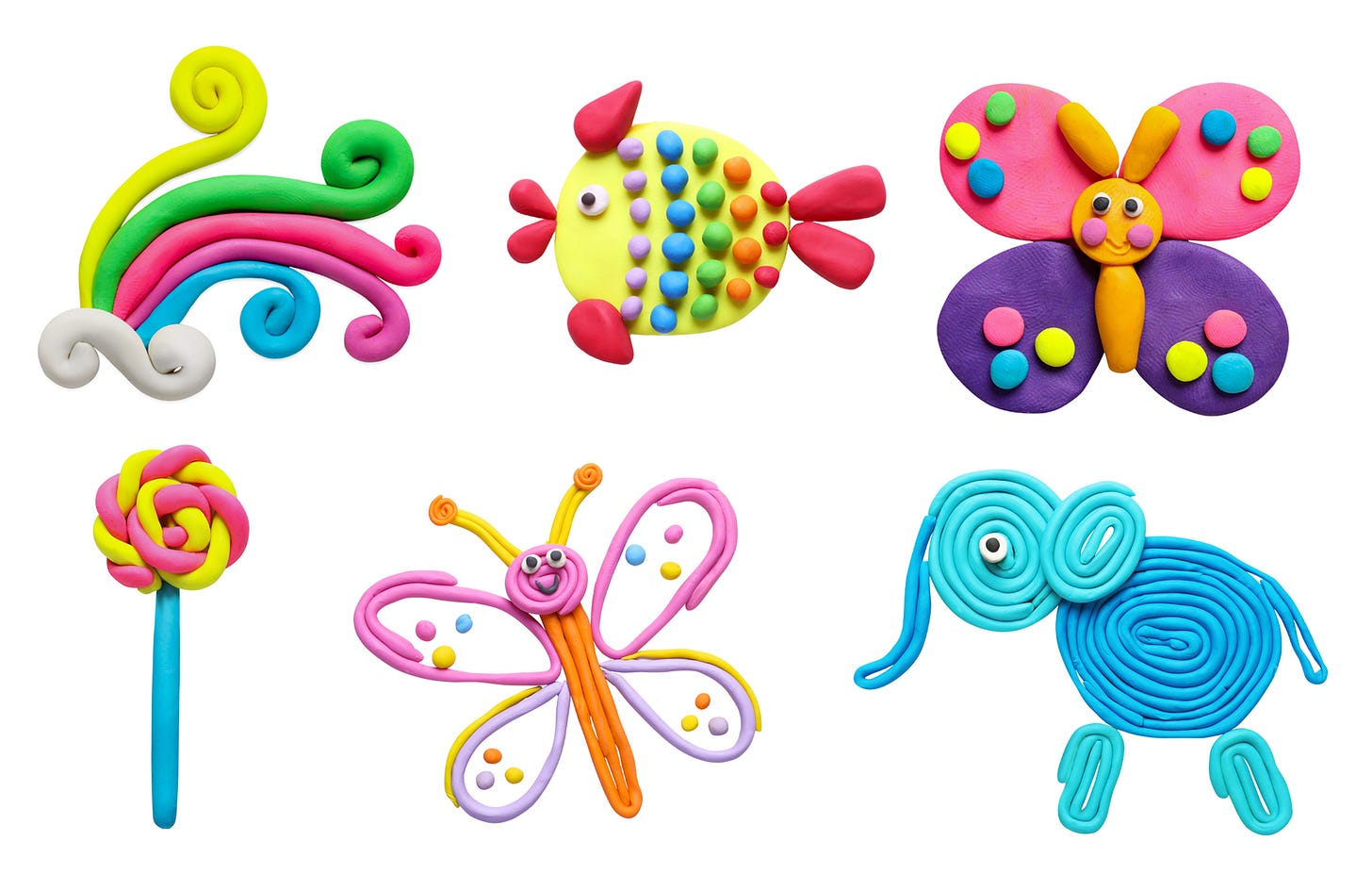Like most people, I have a tendency to plasticity. By this I don’t mean that I scavenge and hoard non-biodegradable waste - there is, goodness knows, rather more than enough actual plastic around. Rather I mean that, usually unconsciously, I take on, to a greater or lesser degree, the speech patterns and even sometimes the accents of those I am speaking with. This, I think, is a natural social tendency - you want to fit in with the group. It’s also a kind of courtesy - like mimicking body language, it puts your interlocutor at ease. But, I’m finding, it’s not always great for a writer.
At the moment I am chipping away at three very different projects, and that is what has made this topic shuffle into the limelight. In no particular order, I am working on a book of my own - a historical thriller - which means I am building a world for my characters - and my readers - to inhabit. I have chosen to write from multiple points of view, so each character has their own outlook and their own tone of voice. And because it’s a historical thriller, set in the early twentieth century, they have a particular lexicon when they speak. Lots of glittery balls to keep in the air.
The second project, which I can’t be too precise about yet for reasons of confidentiality, involves turning transcripts of interviews into written articles that are both accurate and easy to read. The interviews are with a host of different people, for some of whom English is a second, or even a third language, so finding the core of what the speaker is trying to say, and putting that into accurate, accessible English is not always straightforward - fascinating, but not straightforward.
The third project concerns developmental edits for a novel set in the Second World War. As with my own crime novel, this story involves multiple points of view, and the need for historically accurate dialogue - but very different points of view and dialogue than those in my own novel.
It was as I was working on this third project that I realised I felt a risk of a kind of leakage between the narrative voice I am employing in my own writing, and that of the author of the book I am editing, I paused the editing at that point - couldn’t pause it for long, there’s a tight deadline involved - and did two things. I started tidying my office - a tip since Christmas - and I had a think, as I put things in orderly piles, about writing and editing and creativity, and why I dislike the word creativity so much.
It’s partly, I think, because there’s a lot of soppiness surrounding the word - imagine the gentle, oh so gentle, gushiness when someone says to you, ‘Oh you’re creative - how marvellous!’ - and also a lack of rigour - everyone’s ‘creative’ and everyone’s a winner… Hmm, don’t think so - but that’s a conversation for another time.
Fundamentally, though, I think I react so negatively to the notion of creativity because I think it’s false - artists, musicians, writers, architects, landscape gardeners, whoever - they don’t create things, they re-shape them. They may put them in an unexpected light, or place them in surprising conjunctions, but they are using the shapes, the colours, the sounds, the materials that are already there, and crafting them, making them into something that has some kind of meaning for them, and perhaps, if they’re lucky, for those who see or hear or read what they have made. It’s all down to the craft, and for me, as a writer, down to the plasticity of language.
With these three projects I am currently involved in, and in writing this Substack article now, and in any other writing I do in the future, I can shape the words into sentences, and the sentences into paragraphs, that fit what that project requires to be said - picking up a noun here, and an adjective there, finding a subordinate clause that might fit under there, and generally cobbling everything together until it all works properly together, and becomes a fish, if you need a fish, or a butterfly if you need a butterfly, or a simple lollipop if that’s your fancy. Making, not creating. And having fun, in amongst.




